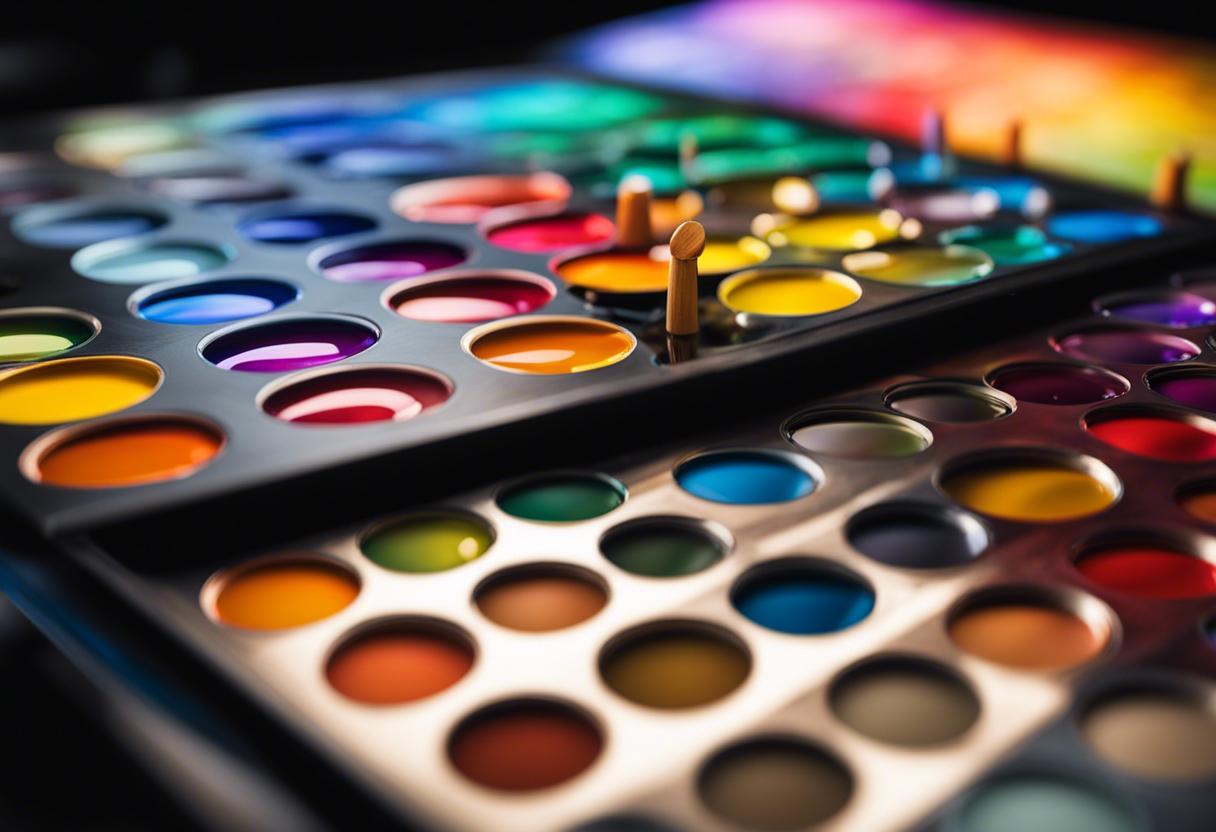In the ever-evolving landscape of the artistic field, the intersection of technology and creativity has given rise to a fascinating phenomenon: Generative AI. This revolutionary technology is transforming traditional artistic processes, offering new possibilities and pushing the boundaries of human imagination. However, with its rapid advancement, ethical questions arise regarding the role of AI in art. In this article, we will explore how generative AI can be an ally in the artistic field, revolutionising artistic processes while considering its ethical implications.
Create in seconds:
- Blog articles and social media posts
- High-quality professional images and graphics
- Personalized translations and product descriptions
All tailored for you—original and fast.
The Intersection of Technology and Creativity
The intersection of technology and creativity has opened up new possibilities in the artistic field. With advancements in artificial intelligence (AI), artists are now able to explore innovative ways of creating and expressing themselves. AI tools such as generative algorithms and machine learning algorithms have become powerful allies for artists, enabling them to generate unique and unexpected outcomes. By merging their creative vision with the capabilities of AI, artists can push the boundaries of traditional art forms and explore uncharted territories. This collaboration between technology and creativity has not only revolutionised artistic processes but also challenged our perception of what art can be. It is an exciting time where artists can harness the power of AI to expand their artistic horizons and create truly groundbreaking work.
Revolutionising Artistic Processes with AI
Revolutionising Artistic Processes with AIThe integration of artificial intelligence (AI) into the artistic field has brought about a revolution in the way artists create and express themselves. AI-powered tools and algorithms have enabled artists to explore new creative possibilities and push the boundaries of traditional artistic processes. With AI, artists can now generate unique and original artworks by leveraging machine learning techniques to analyze vast amounts of data and generate new ideas. This technology allows artists to experiment with different styles, techniques, and concepts in a more efficient and streamlined manner. From generating abstract paintings to composing music, AI has become an invaluable ally in revolutionising artistic processes, providing artists with novel ways to express their creativity.
The Ethical Implications of AI in Art
The Ethical Implications of AI in Art
As artificial intelligence continues to play a significant role in the artistic field, there are growing concerns about the ethical implications that arise. One of the primary concerns is the issue of authorship and ownership. With AI-generated artworks, it becomes unclear who should be credited as the artist and who holds the rights to the piece. Additionally, there are concerns about bias and discrimination embedded in AI algorithms, which could perpetuate societal inequalities or reinforce harmful stereotypes. Another ethical consideration is the potential loss of human creativity and originality in art if machines become the dominant creators. As the use of generative AI expands, it is crucial to address these ethical challenges to ensure that technology remains an ally rather than a threat to the artistic world.
